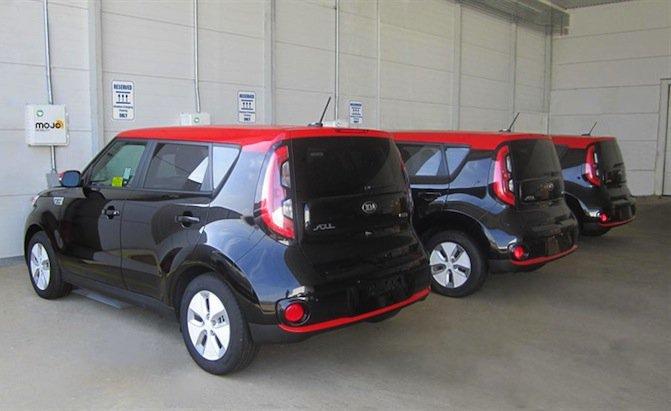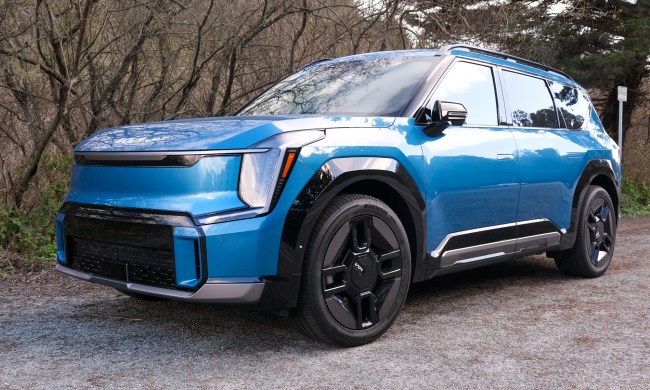
Partnering up with Mojo Mobility Inc., Hyundai-Kia America’s Technical Center has received a grant from the Department of Energy’s Vehicle Technologies program to design and develop such a system. Mojo Mobility has already done extensive research into the field, and its current systems can transfer high power with excellent efficiency.
Using the Kia Soul EV as a test subject, the two companies with engage in three phases of development. The first phase will include developing the wireless power-transfer system, which operates with 85 percent grid-to-vehicle efficiency. The system can also send more than 10kW to the vehicle during accelerated charging. As a practical addition, the charging will still work if the vehicle and the system are out of alignment. Considering how difficult parking appears for the average vehicle operator, that feature will come in handy.
The second phase is fairly simple: integrate the system into the Kia Soul EV. The initial results are very positive as full operation yields 92 percent efficiency. The final stage is basically just data aggregation from real-world performance testing. Mojo Mobility and Hyundai-Kia will be particularly interested in the system’s durability, interoperability, and safety.
No release date has been announced for a production version of the system, but as with any new technology, even promising results are often mixed with minor flaws that the average consumer won’t easily overlook. Even after the wireless charging technology is made available to the public, Hyundai-Kia will have its work cut out for it to build the infrastructure, much like Tesla’s supercharger network.
At this point, if Hyundai and Kia can get their technology to market before BMW and Daimler put the finishing touches on their system, it could be a big selling point for the Kia Soul EV and future electric vehicle models from the Korean automaker.


